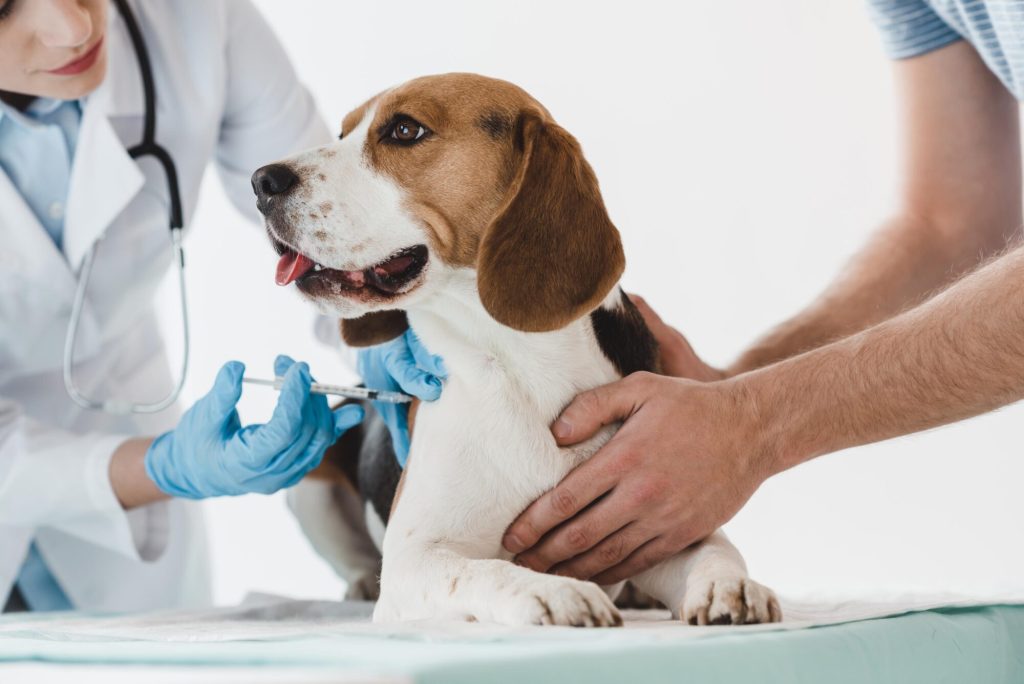You care deeply about your pet’s health. Keeping them safe from common illnesses takes more than love. Regular check-ups with a general veterinarian play a key part. Your North Austin vet can help prevent illnesses before they start. These experts know what keeps pets healthy. They offer guidance, routine exams, and vaccinations. This proactive approach shields your pet from harm. Early detection of potential issues can avoid serious problems. Regular visits strengthen the bond between you and your pet. Prevention is more than medicine. It’s about a balanced diet, regular exercise, and the right vaccinations. A general vet provides clear advice specific to your pet’s needs. This guidance helps you make the best choices for their well-being. Steps taken today protect your pet’s future health. You and your vet can create a happier, healthier life for your furry friend. Your attention now ensures their joy tomorrow.
The Importance of Regular Check-Ups
Regular check-ups with a general veterinarian are key to disease prevention. During these visits, vets perform thorough exams that can catch health issues early. This early detection often means less invasive treatment and a quicker recovery for your pet. The American Veterinary Medical Association advises yearly check-ups for most pets. These visits include physical exams and discussions about any changes in behavior or appetite.
Vaccinations: A Shield Against Illness
Vaccinations are crucial in preventing serious diseases in pets. General veterinarians determine which vaccinations are needed based on your pet’s age, lifestyle, and health status. For example, the rabies vaccine is essential for all pets, while others like the Bordetella vaccine depend on exposure risks. The Centers for Disease Control and Prevention offers detailed information on pet vaccinations and why they matter.
Nutrition and Exercise: Building Blocks of Health
Proper nutrition and regular exercise form the foundation of a healthy life for your pet. General veterinarians provide guidance on a balanced diet tailored to your pet’s specific needs. They help you choose the right food and portion size. Exercise, meanwhile, keeps pets active and fit, reducing obesity-related illnesses. Together, these efforts support your pet’s overall health and happiness.
Common Pet Illnesses and Prevention
| Common Illness | Prevention |
|---|---|
| Fleas and Ticks | Regular use of preventive treatments |
| Dental Disease | Routine dental cleanings and at-home dental care |
| Heartworm | Monthly preventive medication |
| Obesity | Balanced diet and regular exercise |
Monitoring Behavioral Changes
Changes in behavior can signal health issues. If your pet shows unusual behaviors like increased aggression or lethargy, consult your vet. These changes can indicate underlying health concerns. A general veterinarian evaluates these signs and helps pinpoint causes. Addressing behavioral changes early can lead to better outcomes.
Creating a Comfortable Environment
A safe and comfortable environment is important for preventing stress-related illnesses. Ensure your pet’s living space is clean, safe, and free of hazards. This environment contributes to your pet’s mental and physical health. Your vet can offer tips on creating the best space for your pet.
Partnering with Your Veterinarian
Your relationship with your general veterinarian is a partnership. They are there to support you in making informed decisions about your pet’s health. Open communication with your vet fosters a better understanding of your pet’s needs. This partnership ensures that your pet receives the best care possible.
Conclusion: A Healthier Future
General veterinarians are invaluable in preventing pet illnesses. Their expertise guides you in making choices that keep your pet healthy and happy. By focusing on prevention, you ensure a longer, more joyful life for your pet. Stay proactive with regular check-ups, vaccinations, and a healthy lifestyle. Together with your trusted vet, you build a future where your pet thrives.

